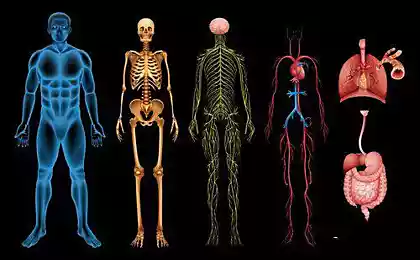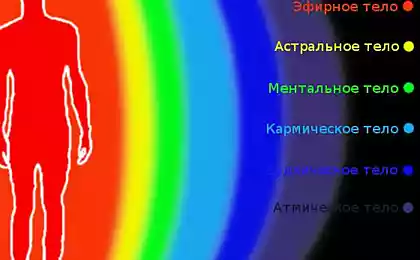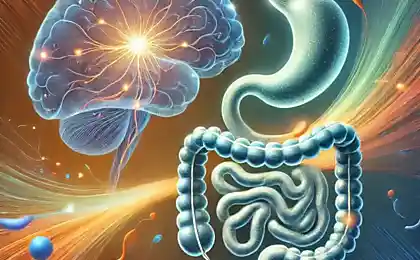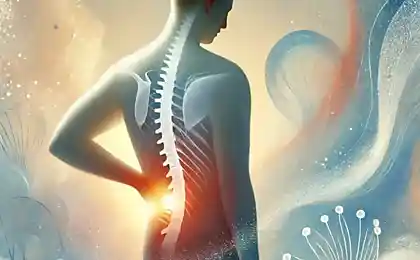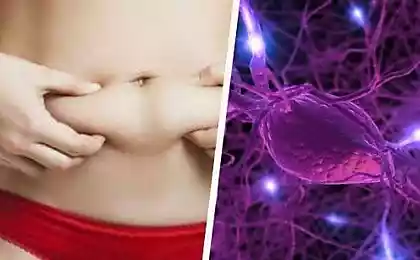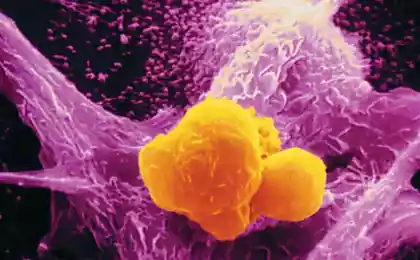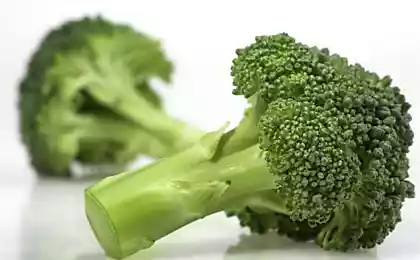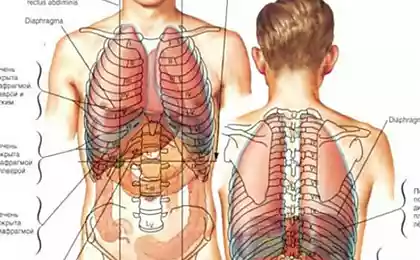157
Silent killer: How stress rewires your body at the cellular level

Chronic stress shortens life by 10-15 years by damaging DNA through telomerase. But how does silent tension become a physical illness? Discover the mechanisms of “molecular chaos” and reboot strategies from leading neuroscientists.
Nerve system: The domino effect

A Nature study (2023) shows that 40 days of chronic stress reduces the hippocampus by 8%. Three stages of destruction:
- Phase 1: Amygdala hyperactivation
- Phase 2: Depletion of GABA receptors
- Phase 3: Neuroinflammation and cell death
Emergency assistance in 4 minutes
Dr. Herbert Benson of Harvard:
- Close your eyes and focus on your breathing.
- On inhalation (4 seconds) mentally say "I"
- Exhale (7 seconds) - "Relaxed"
- Repeat for 4 minutes.
Endocrine storm: Cortisol hurricane
According to the NCBI, 1 hour of stress = 5 hours of hormonal imbalance. How to break the cycle:
Neutralizer products
- Dark chocolate (85%+) – reduces cortisol by 25%
- Sauerkraut - restores the microbiome
- Walnuts are a source of melatonin for sleep
Immunity: When the body betrays itself

An experiment at Carnegie Mellon University proved that stress increases the risk of a cold by 2 times. Recipe for protection:
Lymphatic refurbishment technique
- Lying on your back, put your hands on your collarbone.
- Deep breath through the nose (4 seconds)
- Breathhold (7 seconds) with light pressure
- Slow exhalation through folded lips (8 seconds)
Cardiovascular system: Ticking bomb
The journal Circulation warns that stress hormones thicken the walls of arteries 38% faster. Countermeasures:
- Cold rubbing of hands in the morning (20 seconds)
- Sprint Breathing: 30 Fast Breaths/Exhales
- Listening to low frequency sounds (40-60 Hz)
Glossary
telomerase
An enzyme that restores the ends of chromosomes
GABA
The main inhibitory neurotransmitter of the nervous system
cortisol
Stress hormone that regulates carbohydrate metabolism
Psychoneuroimmunology
The science of the connection of the psyche, nervous and immune systems
Why joints scream about your pain: The psychosomatics of unlived emotions
From partnership to motherhood: How to break the cycle of hyperprotection in a relationship


